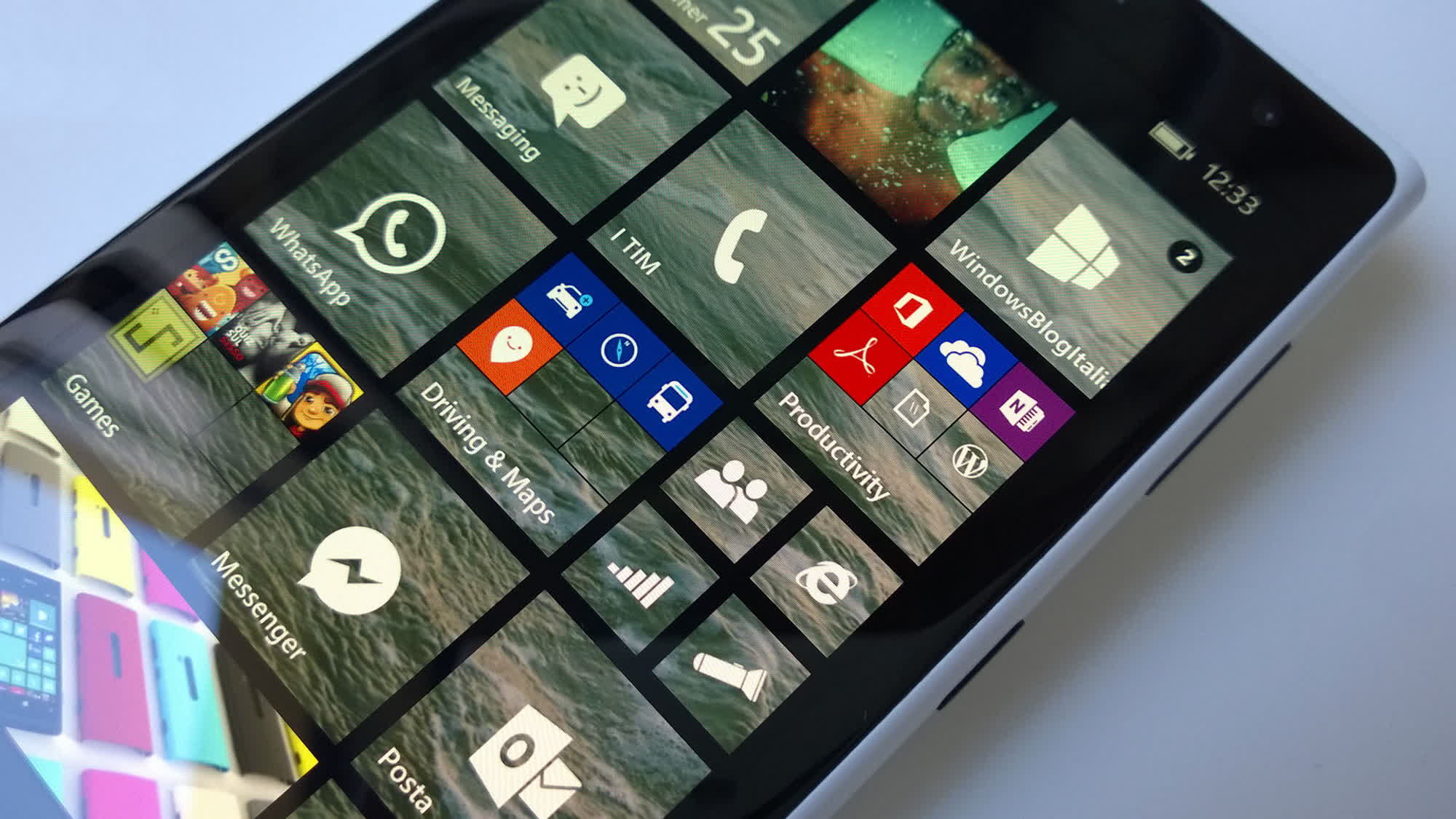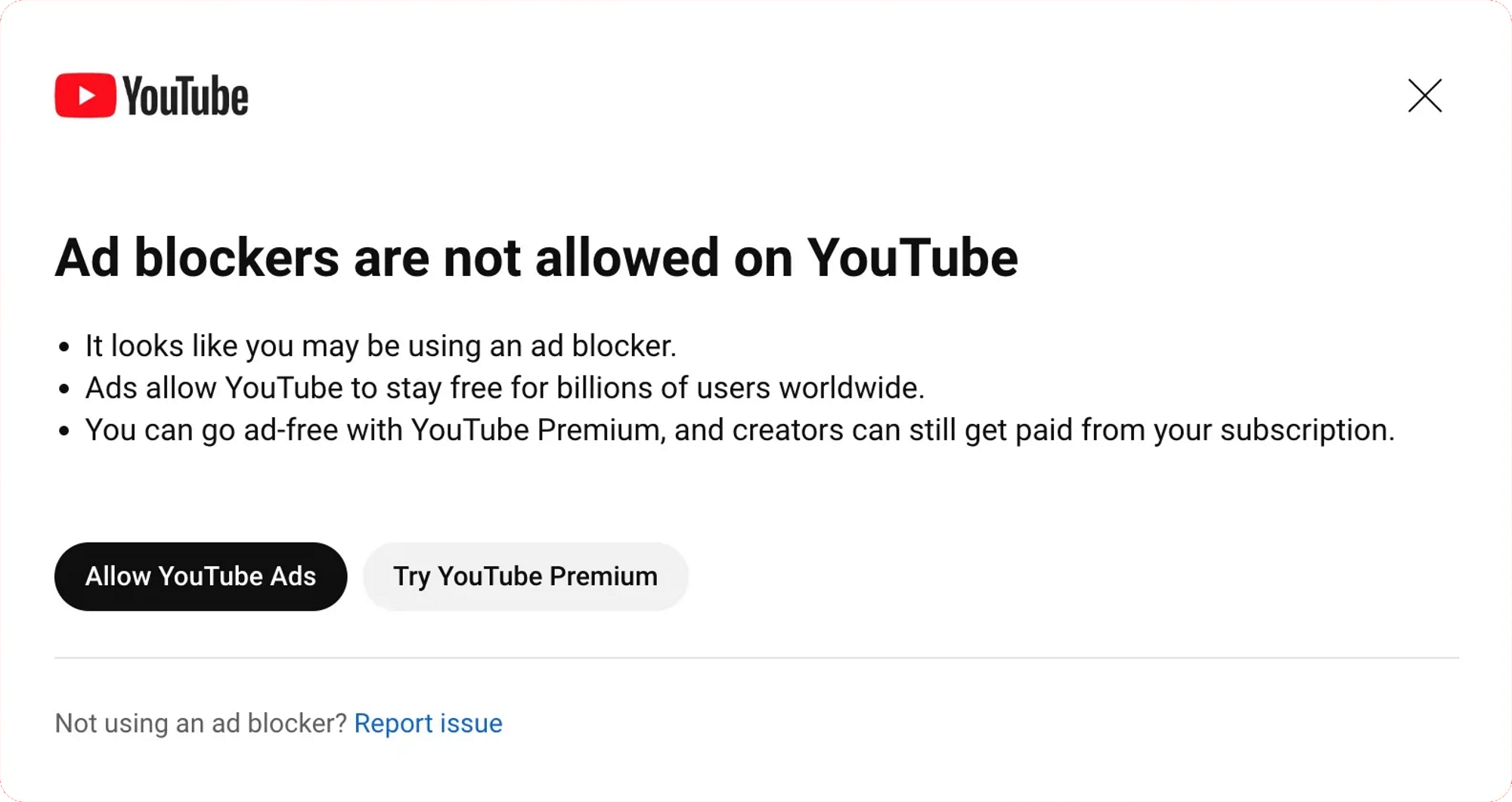In a nutshell: The User-Agent is a string of text in the HTTP header designed to identify what browser, device, and operating system the netizen is using to visit a website. Someone discovered that by turning this mechanism back to 2017, it's possible to force YouTube to work on adblock-powered systems again.
YouTube recently started a new "experiment" to annoy users with adblock extensions on their browsers, trying to force a substantial number of them to either allow advertising on the site or pay for the YouTube Premium subscription. The experiment turned out to be an incredibly engaging incentive for finding even more ways to disable YouTube's new anti-adblocker campaign.
We can confirm that the latest version of Mozilla Firefox along with the uBlock Origin extension work pretty well at hiding advertising on YouTube. According to a software engineer and "malware enthusiast" known as "Enderman" on Twitter/X, the same result can be achieved by changing the browser's user-agent to "Windows Phone," which is rather surprising, considering that the Windows Phone platform has been dead for at least six years.
Microsoft officially pulled the plug on the company's ill-fated mobile operating system in 2017, just three years after its original debut on the market. The inability to watch YouTube videos was always one of the biggest issues with the platform, as Google actively tried (and succeeded) to sabotage whatever "official" YouTube support Microsoft attempted to implement in the OS.
Now, Enderman confirmed that the Windows Phone can get its just revenge against Google and YouTube's unwillingness to support the mobile platform. By employing a user-agent spoofer to change the browser's identity to Windows Phone, ads are blocked again. The company states the ad-blockers violate YouTube's Terms of Service, the software engineer remarked, but user-agent spoofers definitely don't.
Agent spoofers are widely available on major web browsers, and Google is even providing its own official extension for Chrome. The extension is seemingly targeted at users sick of "some archaic site blocking" while visiting problematic websites, but it should work pretty well as a Windows Phone-powered anti-ad-blocker blocker as well.
While the user-agent spoofing trick seems to work for now, the future of advertising-free binge-watching on YouTube is always uncertain. Google could update its adblock-detecting techniques to counter Windows Phone's sudden increase in popularity, or it could even decide to conclude its experiment without further pushing resourceful users to try new, creative ways to fight the renewed anti-adblocker effort.

